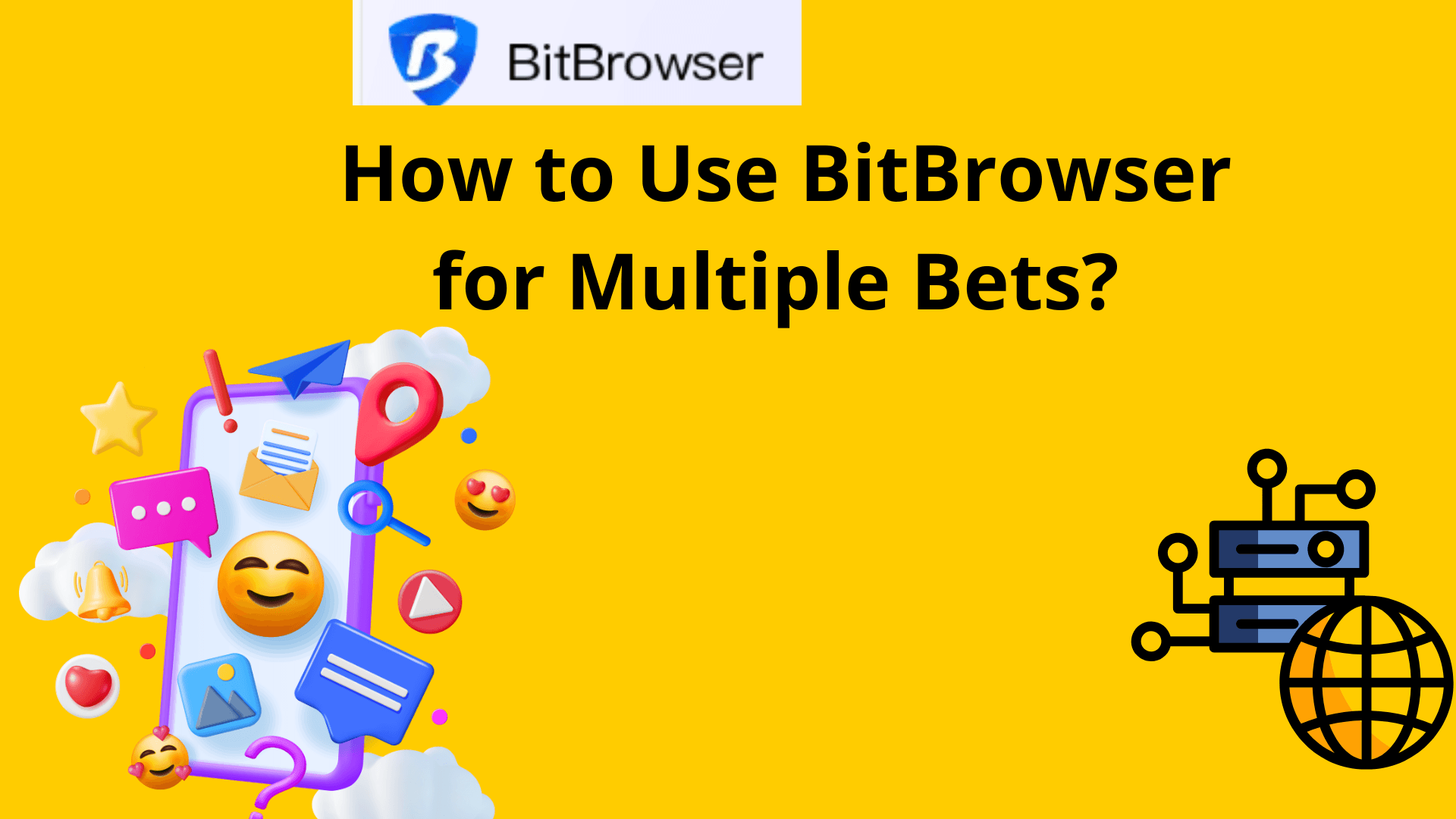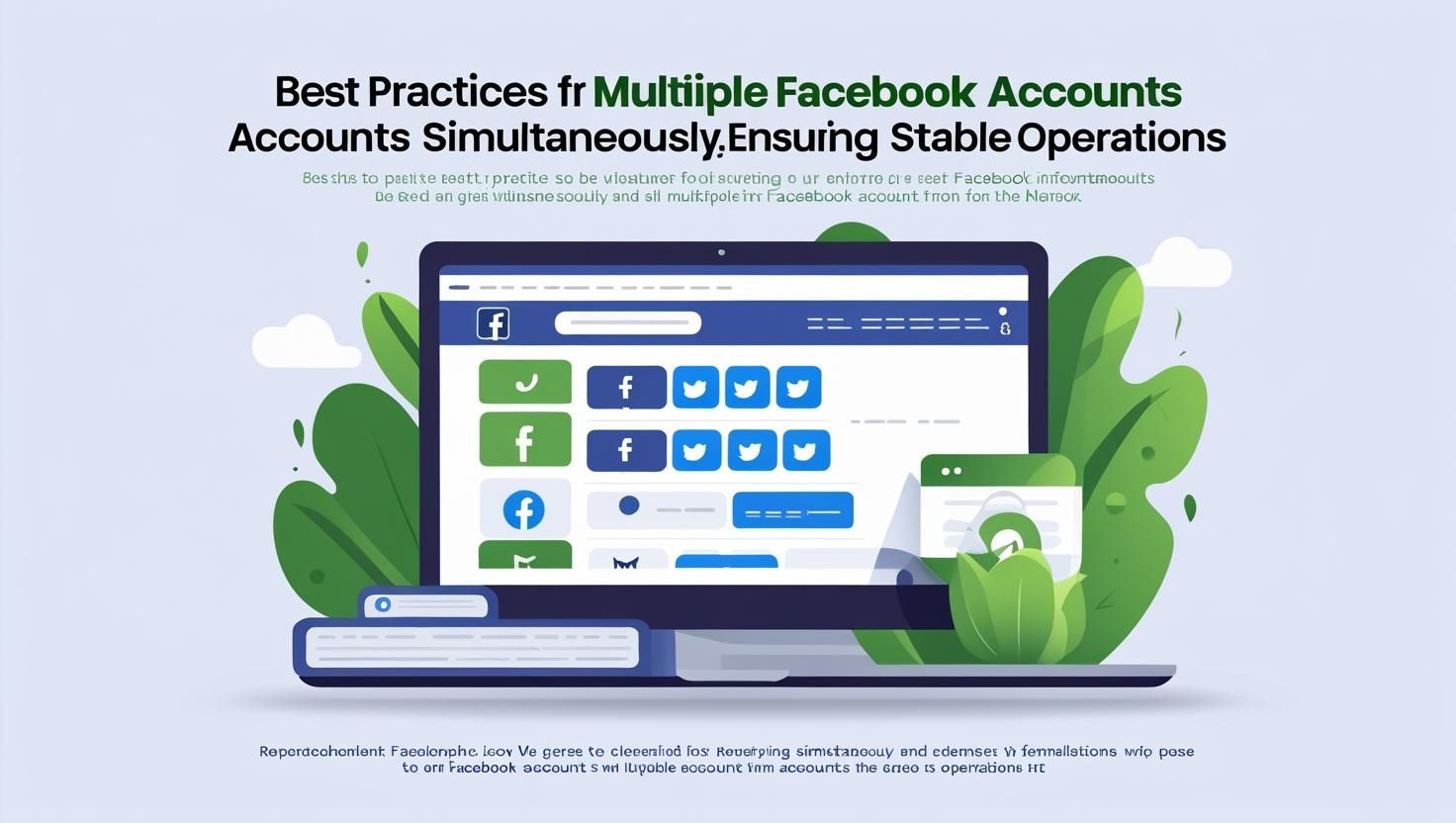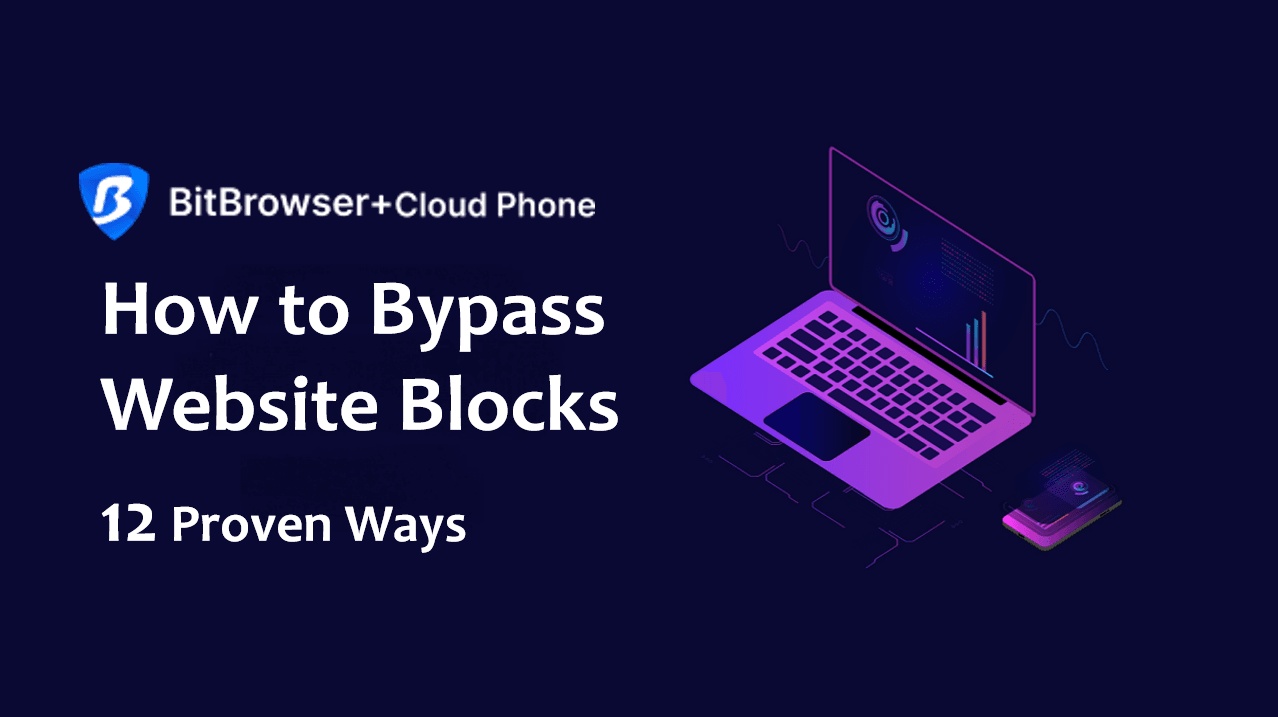


Datacenter Proxies vs Residential Proxies: What’s the Difference?
 2025.07.21 22:14
2025.07.21 22:14Let’s face it—whether you're scraping data, running sneaker bots, or just trying to stay anonymous online, proxies are your best friend. But when it comes to choosing between datacenter proxies and residential proxies, most people get stuck. Which one is faster? Which one’s safer? Which one gives you the most bang for your buck?
You’re about to find out.
What Are Proxies?
Simple Definition
A proxy is basically a middleman between your device and the internet. Instead of sending requests directly from your IP address, a proxy masks it and uses a different IP, helping you stay anonymous and access restricted content.
How Proxies Work
Think of proxies like disguises. Every time you visit a website, you do so wearing a different “mask”—an IP address that isn’t yours. This helps bypass geo-blocks, bans, and even captchas in some cases.
Common Uses
Web scraping
Social media automation
Ad verification
Price monitoring
Avoiding bans or rate limits
What Are Datacenter Proxies?
Definition and Infrastructure
Datacenter proxies come from virtual servers in data centers. They’re not associated with any real person or device, which means they don’t carry ISP-assigned legitimacy.
Where They Come From
They’re generated in bulk by cloud hosting providers like AWS, Google Cloud, or smaller VPS companies. These IPs are fast and cheap—but easily traceable to data centers.
Use Cases
Bulk data scraping
SEO tracking
Market research
Bot-heavy environments
What Are Residential Proxies?
Real IPs from Real Devices
Residential proxies are IP addresses assigned to actual users by ISPs. You’re basically renting someone’s internet connection.
ISP-Assigned Addresses
Because they come from real homes, these proxies are trusted by most websites—they appear completely legit.
Use Cases
Avoiding bans or blocks
Managing multiple social media accounts
Accessing geo-restricted content
Running bots on protected platforms
Key Differences Between Datacenter and Residential Proxies
| Feature | Datacenter Proxies | Residential Proxies |
|---|---|---|
| IP Source | Data centers | Real users via ISPs |
| Speed | Faster | Slower |
| Detection Risk | High | Low |
| Cost | Low | High |
| Geo-targeting | Limited | Precise |
| Availability | High | Limited, pool-based |
Pros and Cons of Datacenter Proxies
Pros
Blazing fast speeds
Affordable, especially for bulk use
Readily available in large quantities
Cons
Easily detectable by websites
Shared IP ranges = higher block rate
Can trigger captchas or bans quickly
Pros and Cons of Residential Proxies
Pros
Harder to detect and ban
Perfect for geo-sensitive tasks
Mimics real user behavior
Cons
Slower speeds due to real network routing
Higher cost per GB or IP
Smaller IP pools
Performance and Speed
If speed is your #1 priority, datacenter proxies win hands down. They’re optimized for performance because they run on fiber-connected servers.
However, residential proxies trade speed for stealth—they’re slower but safer.
Reliability and Anonymity
Residential proxies are the kings of anonymity. Because they look like normal users, they fly under the radar. Datacenter proxies are more like “bots in a suit”—they’ll get you in, but not always unnoticed.
Price Comparison
Datacenter proxies can cost as low as $1–$2 per IP/month. In contrast, residential proxies might cost $5–$15 per GB, depending on the provider and location targeting. you can try with this websit :https://proxyma.io/
So if you're on a tight budget, datacenter is the go-to.
Use Case Scenarios
Scraping E-Commerce Sites
Residential proxies = safer for scraping Amazon, Walmart, etc.
Datacenter proxies = better for smaller or less protected sites
Sneaker Bots and Automation
Residential proxies are almost essential for Nike, Adidas, and Supreme.
Datacenter proxies are useful for checkout speed if not banned.
Ad Verification and SEO
Residential proxies let you see real ads from different regions.
Datacenter proxies are faster for search engine scraping.
Legal and Ethical Considerations
Both types of proxies are legal to use—if used responsibly. However, scraping or accessing content against a site’s terms of service can land you in hot water.
Stick to transparent use cases and always respect privacy laws.
Choosing the Right Proxy for Your Needs
Here’s a quick decision guide:
Need speed + bulk data = Datacenter
Need stealth + geo-accuracy = Residential
Limited budget = Datacenter
High-value tasks = Residential
Hybrid Proxy Strategies
Many users today mix and match:
Use datacenter proxies for bulk operations
Use residential proxies for login or final actions
Switching between them lets you balance speed, cost, and stealth.
Conclusion
So, datacenter or residential? It all depends on your goals.
If you're a power user scraping terabytes of public data, datacenter proxies will serve you well. But if you're trying to avoid detection or need precise targeting, residential proxies are worth the investment.
Either way, understanding the strengths and weaknesses of both is key to choosing the right tool for the job.
 petro
petro
 Multi-Account Management
Multi-Account Management Prevent Account Association
Prevent Account Association Multi-Employee Management
Multi-Employee Management



